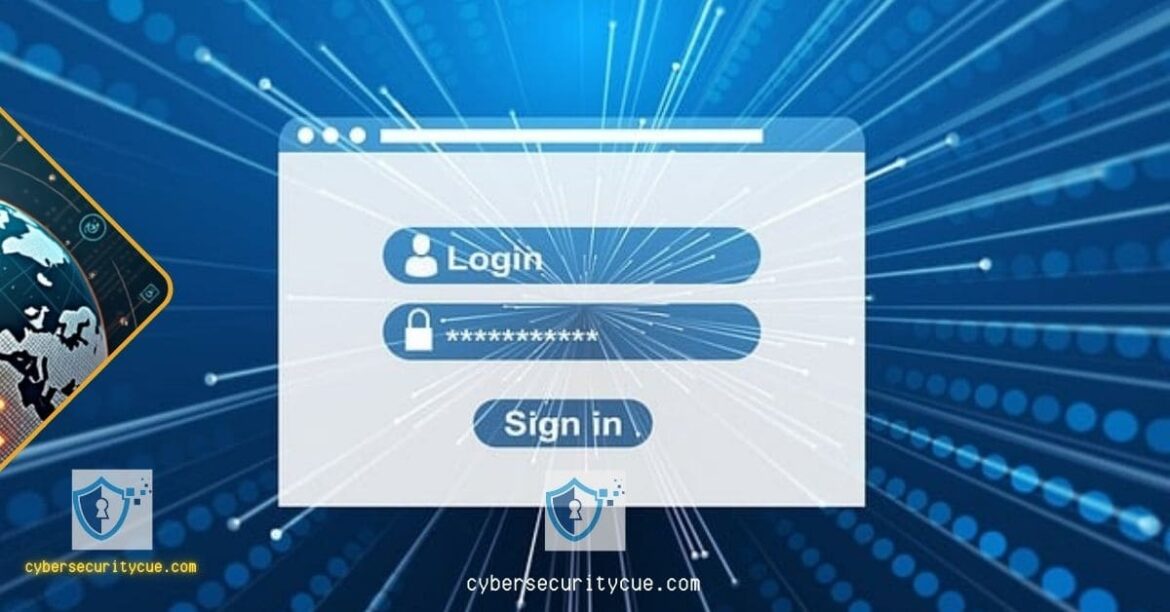Table of Contents
Currently, our online lives are more interconnected than ever, and creating strong passwords is very important. From banking to social media, our sensitive information is often protected by a single, often overlooked barrier: our passwords.
A weak password can be the gateway to a cybercriminal’s paradise, exposing your personal data and financial information to potential harm. That’s why creating strong, unique passwords is crucial in safeguarding your digital identity.
Key Takeaway to Creating Strong Passwords:
- Creating Strong Passwords: Creating strong, unique passwords is a fundamental step in protecting your online security. By following these guidelines and combining them with other security measures, you can significantly reduce your risk of cyberattacks and safeguard your digital identity.
Why Creating Strong Passwords Matter
You might wonder why a few characters can make such a big difference. Well, imagine your password as a lock on your digital vault. A weak password is like using a flimsy padlock that can be easily picked.
A strong password, on the other hand, is like a high-security lock that can withstand even the most determined attacks.
Weak passwords can lead to:
- Identity Theft: Hackers can steal your personal information and use it to commit fraud.
- Financial Loss: Cybercriminals can access your bank accounts and online payment systems.
- Data Breaches: Sensitive data, such as medical records or confidential business information, can be exposed.
- Reputation Damage: A data breach can tarnish your personal or professional reputation.
Crafting Unbreakable Passwords
Here are some tips to create strong, unbreakable passwords:
- Length Matters: Aim for at least 12 characters. The longer the password, the harder it is for hackers to crack.
- Complexity is Key: Combine uppercase and lowercase letters, numbers, and symbols. Avoid using easily guessable information like birthdays, pet names, or common words.
- Avoid Personal Information: Steer clear of using personal information that can be easily found online, such as your name, address, or phone number.
- Unique Passwords for Each Account: Never reuse passwords across different websites and services. This limits the damage if one account gets compromised.
- Password Managers: Use a reliable password manager to securely store and generate complex passwords. This can help you manage multiple passwords without compromising security.
Password Manager Tips
If you’re considering using a password manager, here are some tips:
- Choose a Reputable Provider: Research and select a well-established password manager with a strong security track record.
- Enable Two-Factor Authentication: Add an extra layer of security by enabling two-factor authentication for your password manager.
- Regularly Update Passwords: Don’t forget to update your passwords regularly, especially if you suspect a security breach.
Beyond Passwords: Additional Security Measures
While strong passwords are essential, they’re not the only line of defense. Consider these additional security measures:
- Two-Factor Authentication (2FA): Enable 2FA whenever possible to add an extra layer of security to your accounts.
- Biometric Authentication: Use biometric authentication methods like fingerprint or facial recognition for added security.
- Be Wary of Phishing Attacks: Be cautious of suspicious emails and avoid clicking on links or downloading attachments from unknown senders.
- Keep Your Software Updated: Regularly update your operating system, web browser, and other software to patch security vulnerabilities.
- Use a Firewall: A firewall can help protect your computer from unauthorized access.
Conclusion
We live in an interconnected world, and strong passwords are more important than ever. By following these tips and staying vigilant, you can significantly reduce your risk of cyberattacks and protect your valuable information.
Remember, a strong password is your first line of defense, so make it count!
Frequently Asked Questions:
How often should I change my passwords?
It’s recommended to change your passwords every 3-6 months, or more frequently if you suspect a security breach.
What are some common password mistakes?
Common password mistakes include using weak passwords, reusing passwords across multiple accounts, and using personal information in passwords.
Can password managers be hacked?
While password managers are highly secure, they are not completely immune to hacking attempts. Choose a reputable password manager with strong security measures and enable two-factor authentication for added protection.





